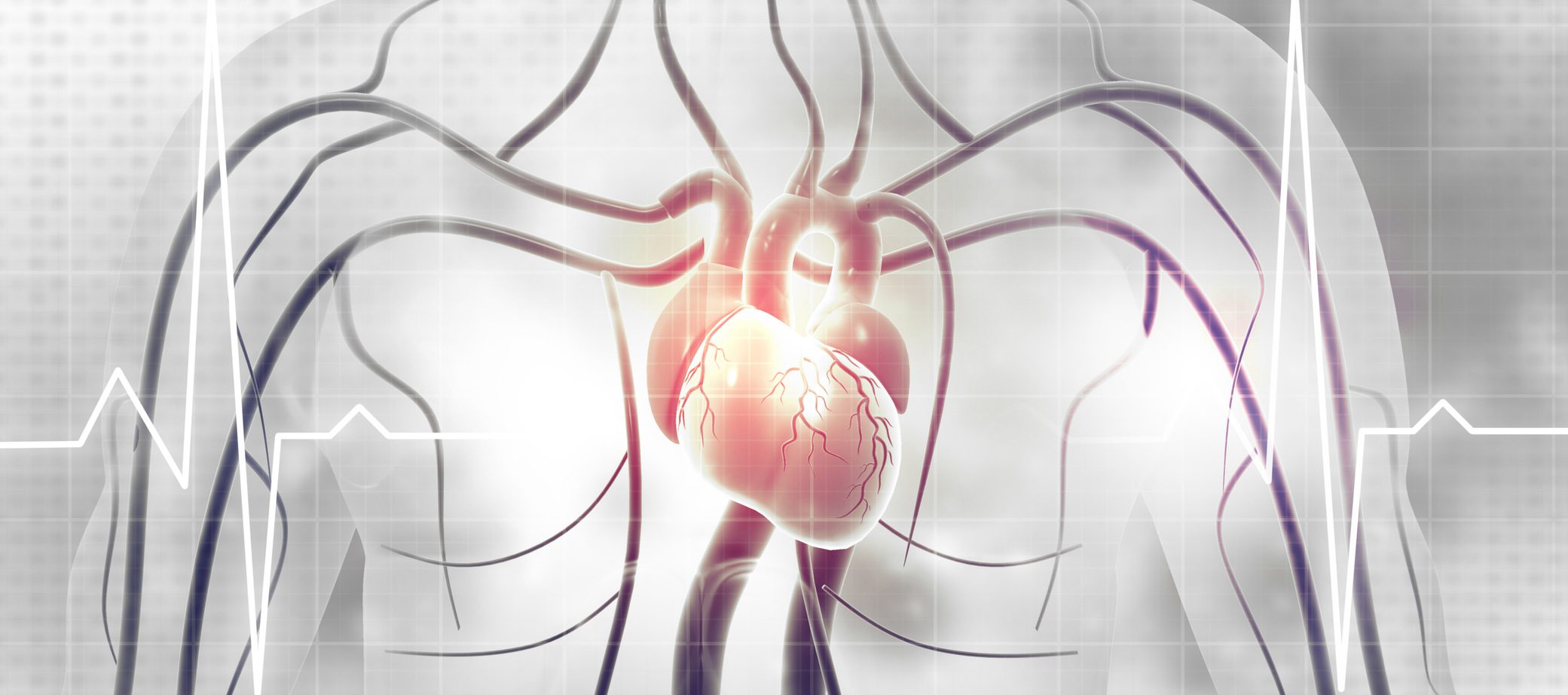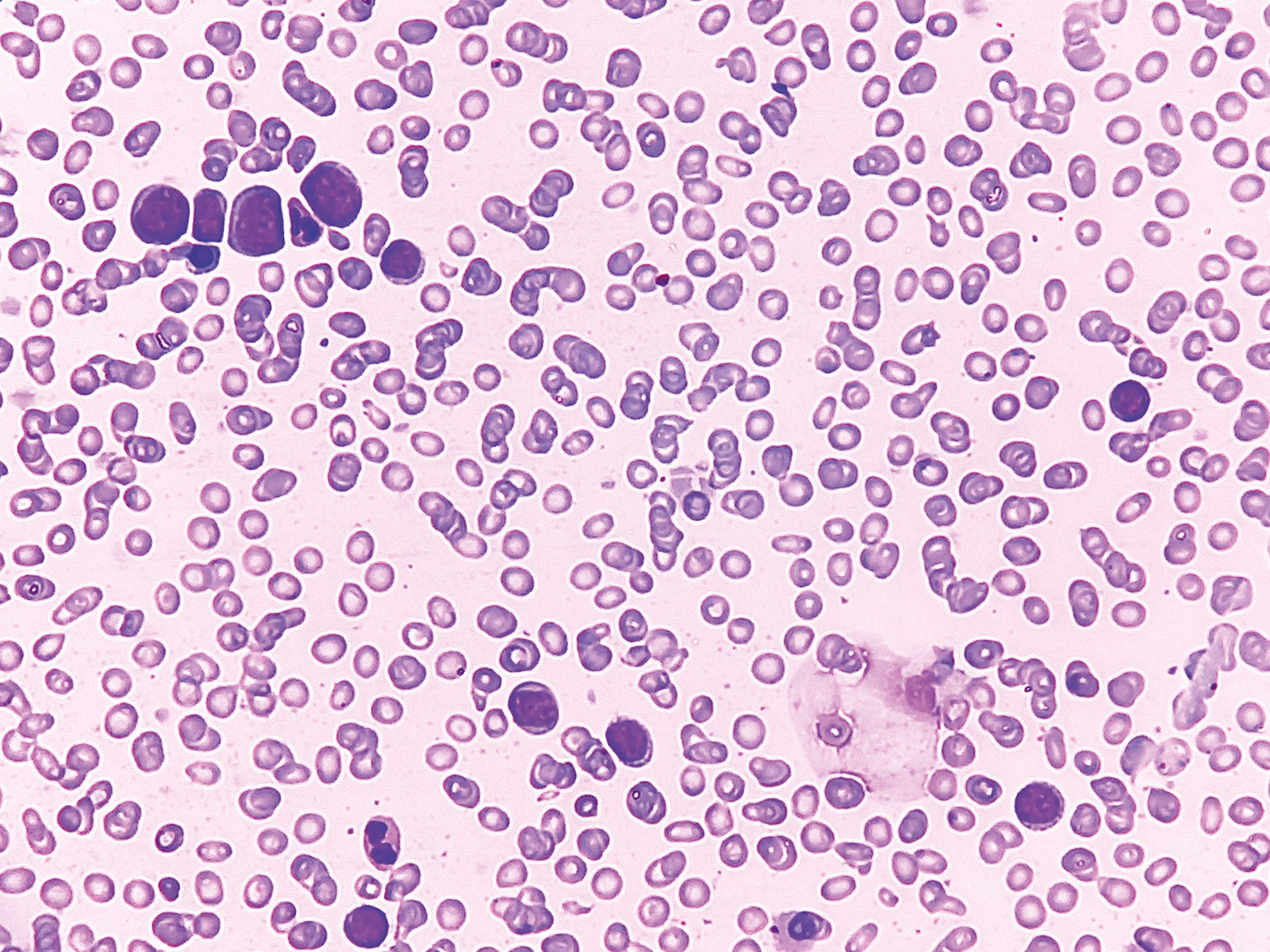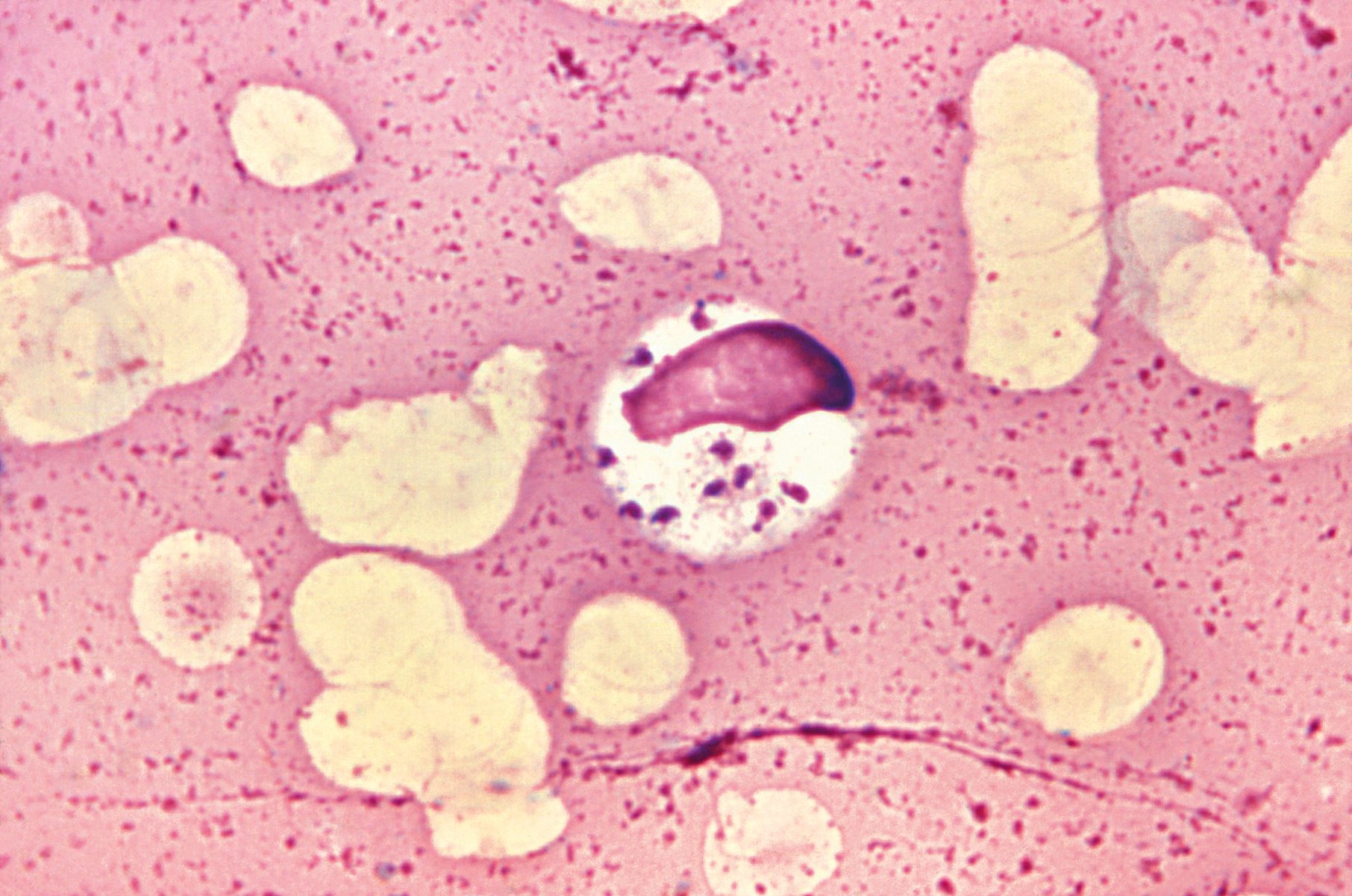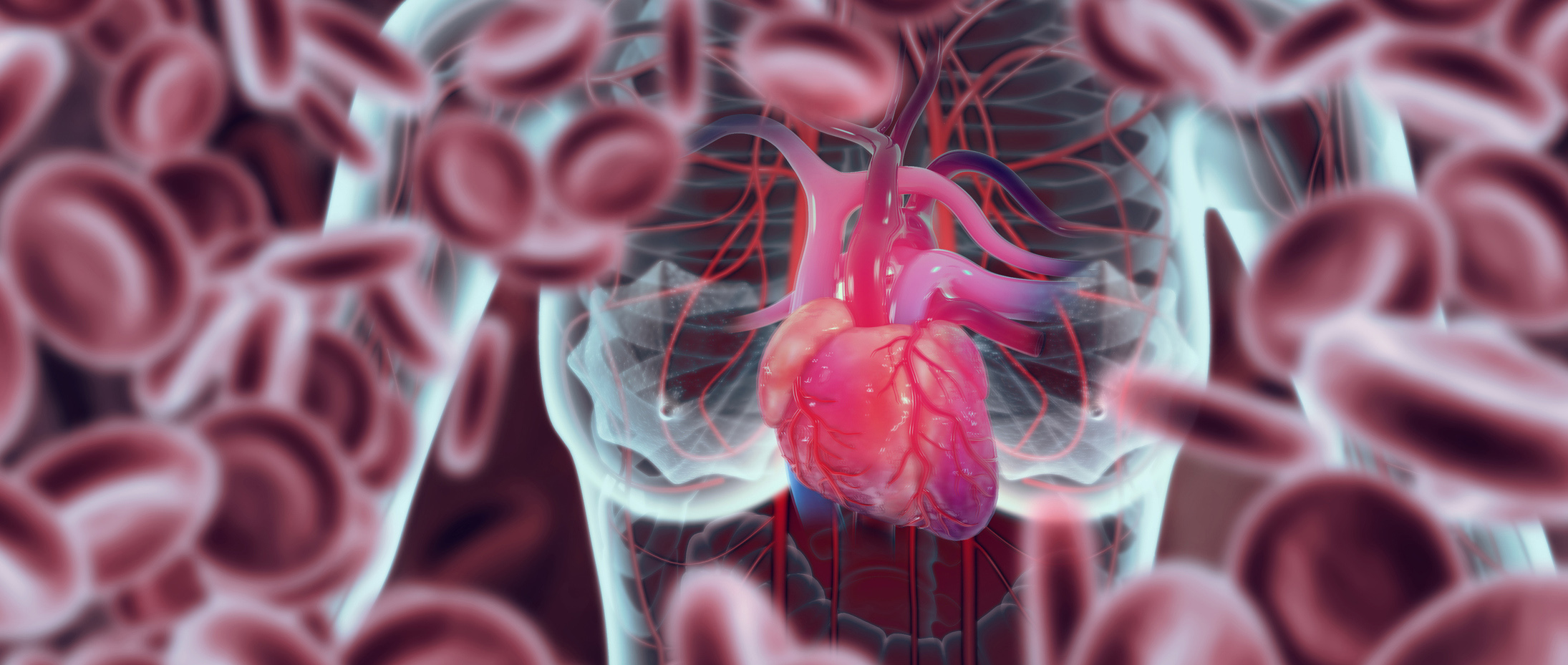Neurocardiology is a comparatively young, interdisciplinary field that deals intensively with the (patho-)physiological interactions between the nervous system and the cardiovascular system. The fact that emotions and stress can affect the heart has been known medically for centuries. However, it is only in recent decades that it has been recognized that a large number of cardiovascular diseases (e.g. heart failure, high blood pressure, arrhythmias) and cardiovascular events (e.g. sudden cardiac death) are controlled to a considerable extent by neurogenic mechanisms.
You May Also Like
- New perspectives for clinics and research
Ageing, cellular senescence and Parkinson’s disease
- From early intervention to individualization
The new guidelines at a glance
- Artificial intelligence
Dr. ChatGPT: Large language models in everyday clinical practice
- Focus on prevention
Colorectal cancer screening – an update
- COPD therapy
Drug therapy – Update 2025
- From symptom to diagnosis
Oncology – Thymoma
- Patient-centered rounds in medicine
Aligning care with the patient
- Shared decision making












